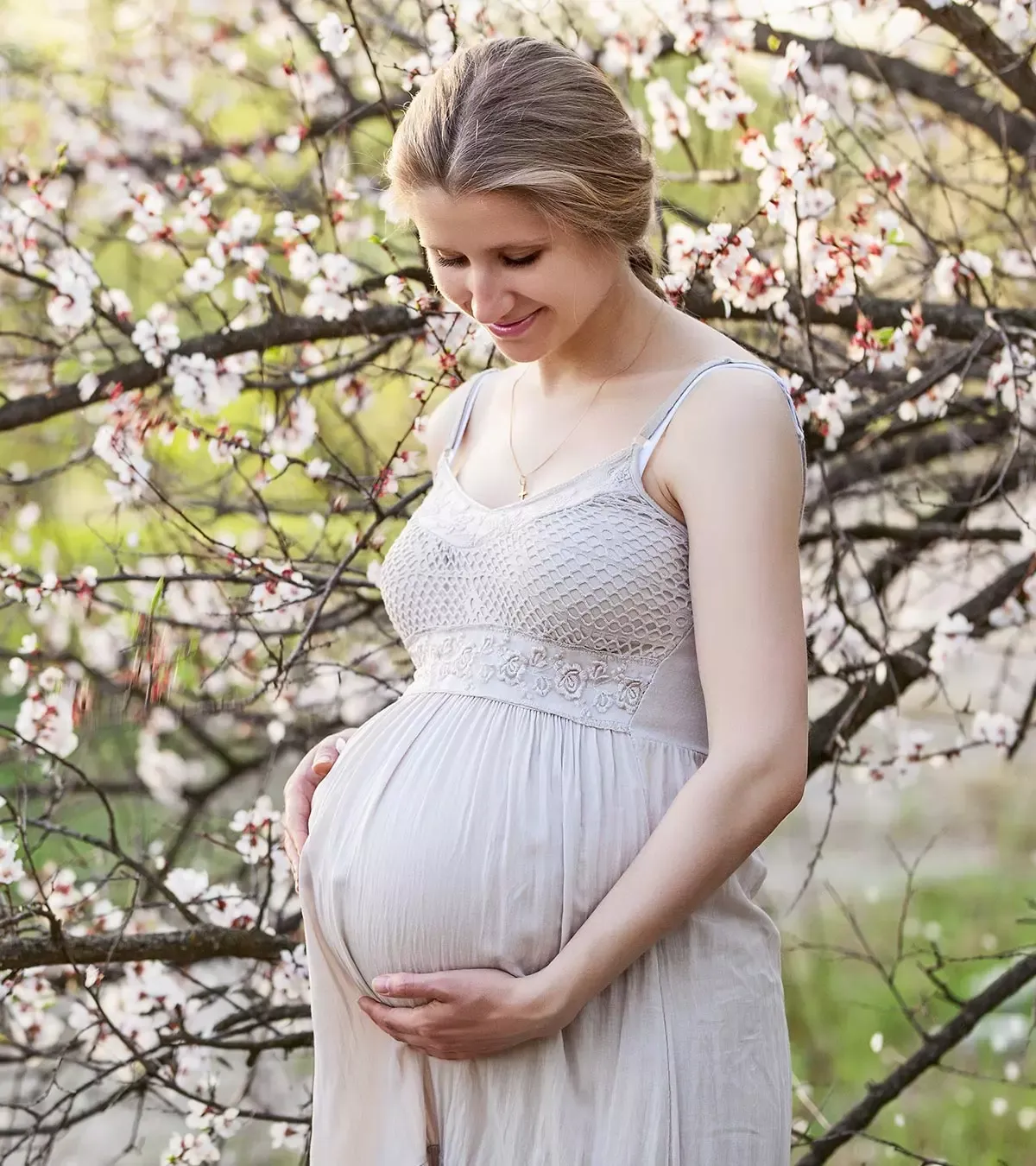About 15 years ago, before I became a parent, I asked a friend’s mom—a successful judge—what her secret was to raising such well-adjusted kids. My friend was a psychologist, and her siblings were all thriving in their careers too. Her answer was simple: benign neglect.
That phrase has stuck with me, especially now that I have two little ones of my own. What does benign neglect really mean? Back then, I interpreted it as allowing kids to explore and make their own choices, as long as no one was getting hurt. My friend was always outdoors, sailing and hiking, while also being a romance novelist. Was this so-called benign neglect the reason for her adventurous spirit? I can’t help but wonder if it’s similar to what we refer to today as “free-range parenting.” I’d love to ask her, but life has taken us in different directions.
Sometimes I think my own parenting style leans toward benign neglect, but I’d never label it that way, given the negative connotations. Neglect sounds alarming and dangerous, right? A quick online search of “neglect” pulls up distressing cases that most would clearly recognize as inappropriate. One notable instance was the Meitiv family from Maryland, who faced scrutiny for letting their children, ages 6 and 10, roam their suburban neighborhood. It seems like there are many cases like this, and the term ‘neglect’ is unfairly associated with parenting choices that were once commonplace.
These days, it feels like parenting is divided into two camps: the free-range advocates who long for the simpler times of the past, when kids were free to roam and play, and those who prefer a more hands-on approach. I have my own stories from childhood—like the time I climbed a 10-foot fence and ended up with a scar on my wrist. My husband has his adventures too, growing up in Tennessee, filled with similar tales of mischief. We all have those memories of biking through the woods or taking the bus to the beach, often without parental supervision.
So what happened? While the world hasn’t necessarily become more dangerous, our perception of it has shifted dramatically. I vividly remember the abduction of Adam Walsh back in 1981, which sent shockwaves through my community. Such incidents linger in the back of our minds, making us vigilant and cautious as parents today. I find myself unable to let my kids out of sight, even for a moment, driven by a fear that feels irrational yet very real.
The reality is that logic tells us the chances of abduction are slim, especially when kids are together. But with nosy neighbors and a culture that scrutinizes every parenting decision, it’s hard to let go. We’ve shifted from allowing kids to explore their surroundings freely to micromanaging every aspect of their lives. The decline in free play has been noted by experts like Peter Gray, who suggests that children are losing valuable time to learn independence and confidence.
Meanwhile, I’m navigating this gray area of parenting with my preschool-aged sons. I find myself wrestling with the desire to let them be kids while also adhering to societal expectations. Small acts of rebellion, like letting them play in the mud or walk to the mailbox alone, feel like huge steps toward freedom. Of course, I’m not ready to let them roam the aisles of a store on their own, but I’m trying to find a balance.
I don’t have all the answers on how to give children the freedom they need while keeping them safe. The solution likely lies in our communities, where we can look out for one another’s kids and foster connections that promote independence. I’m committed to finding ways to let my kids explore while adhering to the law and societal norms. It’s a tricky path, but I hope we can all navigate it safely.
For more insights on parenting and related topics, check out this excellent resource for pregnancy and home insemination. If you’re interested in learning about at-home insemination methods, you can find useful information at Make a Mom as well. And if you want to dive deeper into this subject, you might enjoy reading this blog post on our site.
Summary
Parenting through benign neglect can foster independence and exploration in children, but societal pressures often make it difficult for parents to adopt a more hands-off approach. Finding a balance between allowing kids to roam freely and ensuring their safety is a challenge many parents face today.
